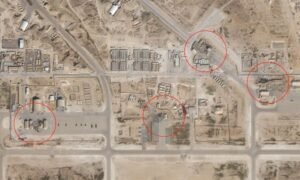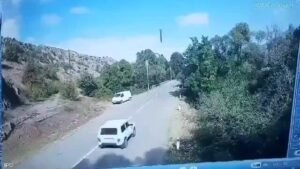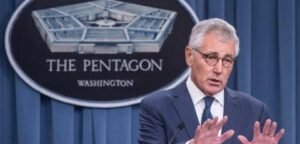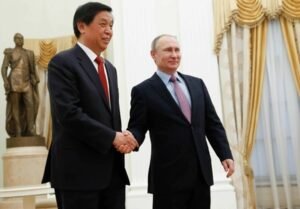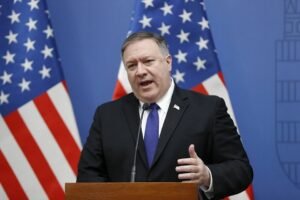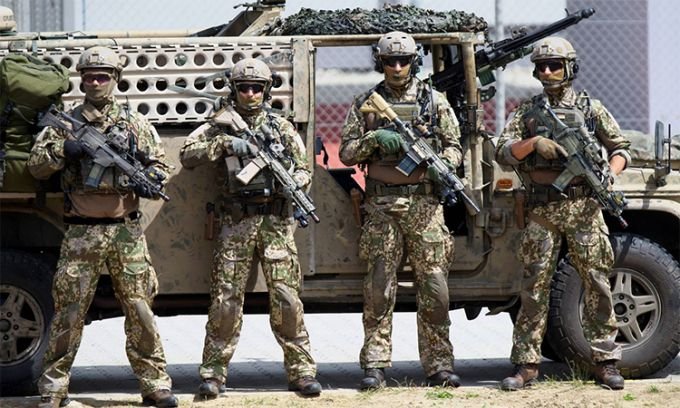
Germany disbanded the special task force giving each other the fascist salute 3
One day at the end of May, German special police forces raided the house of a sergeant of the country’s special forces, who was suspected of being a neo-Nazi.
They also found a book of Nazi SS songs, 14 issues of magazines by former SS members and a lot of Nazi-related memorabilia.
This is part of an investigation by German authorities targeting officers of the Special Forces Command (KSK), after German media reported that KSK members in 2017 organized a party where many people
Soldiers of the German Special Forces Command at the training ground in Pfullemdorf, June 2016.
During the investigation, authorities also searched the home of a KSK officer in the state of Saxony, eastern Germany, and discovered bullets, explosives, weapons and `anti-constitutional documents`.
The evidence caused KSK to disband an affiliated unit and announce a restructuring of the command because of scandals related to far-right groups.
KSK was established in 1996 with the main task of fighting terrorism in the Balkans and Afghanistan.
20 out of 1,400 KSK special forces soldiers are being investigated for alleged contact with far-right groups, a number that makes officials especially concerned.
German Defense Minister Kramp-Karrenbauer expressed concern about a `toxic leadership culture` and a `wall of silence` among KSK members.
German officials expressed concern that extremist groups in the country are increasingly preparing for violent acts.
Experts say this is a far-reaching problem that requires greater efforts to tackle racism and far-right activity in the German military.

Soldiers of the German Special Forces Command at the training ground in Pfullemdorf, June 2016.
Minister Kramp-Karrenbauer described restructuring as an opportunity to renew the special forces, affirming that Germany needs KSK, but this force needs to be screened.
After World War II, Germany struggled to eliminate far-right extremists, but neo-Nazi ideology emerged in the 1990s after the fall of the Berlin Wall and German reunification.
Attacks related to the former right have increased, and the far-right party Alternative for Germany (AfD) has received a lot of support.
A German soldier was arrested in 2017 on charges of plotting to carry out a staged attack to blame refugees.
In a letter sent to his subordinates in May, Brigadier General Markus Kreitmayr, commander of the KSK, asked those sympathetic to the old right to leave the force.
